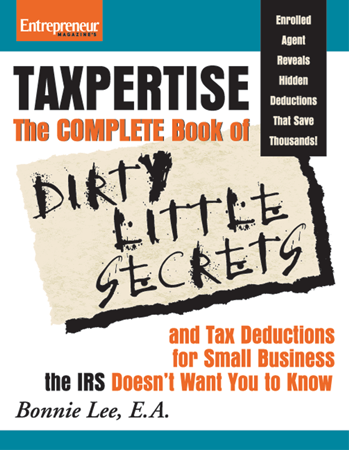The holidays are behind us and thoughts of organizing finances and getting ready for taxes are now on our agendas. Here are a few things you should know as you venture forward in these tasks:
Organize: If you haven’t done so already, set up a file folder marked 2022 taxes. As the various documents come in–W2s, 1099s, K-1s, Forms 1098 for mortgage interest, etc., place them in the folder so you aren’t scrambling the day before your tax appointment to retrieve your documents. It’s also a good idea to set up a file folder right now for 2023 taxes, then as various taxable events occur during the year: DMV and property tax payments, receipts and acknowledgment letters from charitable organizations, etc., you can file them there to ease the pain of tax season in the upcoming year.
The tax organizer that you receive from your preparer will show the names and amounts of taxable entries from the prior year. Even if you don’t use the organizer, it’s a good reference to ensure that you include all tax data for the current year.
Filing Deadlines: The IRS currently has no plans to expand the filing dates as they have in the past due to COVID. Therefore, the due dates for individual income tax returns will be April 18 (April 15 is a national holiday: Emancipation Day, celebrated on Monday, April 17) with extensions allowable to October 16, 2023. The due date for partnerships and corporations remains March 15 with extensions to September 15.
REMEMBER: An extension is only for additional time to file, not additional time to pay. Your taxes must be paid by the initial due date and if the return is not filed by that date, you must estimate your liability and pay it with the extension form to avoid penalties and interest.
The IRS is issuing a warning for 2023: You likely won’t receive as large a tax refund as you have in the past and that is because there were no stimulus payments in 2022.
As always, Congress has passed changes to the tax law:
- Taxpayers may only take the charitable deduction if they itemize deductions. In 2021, the IRS temporarily allowed non itemizing individuals $300 per person, up to $600 per family in charitable contributions. That won’t be allowed this year. Don’t let that dissuade you from giving. You may be able to use the deduction on your state income tax return.
- The IRS has also lowered the reporting threshold for third-party networks that process payments for doing business, such as Venmo or CashApp. Note that money received via a third-party app from friends and relatives as a gift or reimbursement for personal expenses is not taxable.
- The standard deduction increased slightly.
- Itemized deductions remain mostly the same. Employee business expenses are still nondeductible, but list them anyway as they are allowed on your state income tax return if you can itemize.
- IRA contribution limits remain the same and 401(k) limits are slightly higher.
- You can save a bit more in your health savings account (HSA) now: $3,650 for single and $7,300 for family coverage.
- New mileage rate for 2022 income tax returns is $.625, up from $.575 in 2021. For 2023, it has increased to $.655
Naturally there are caveats, exceptions, special circumstances and other complications involved in all tax law. If you have questions, please consult your tax advisor for more information.
Wishing you and yours a healthy, happy, and prosperous New Year.



